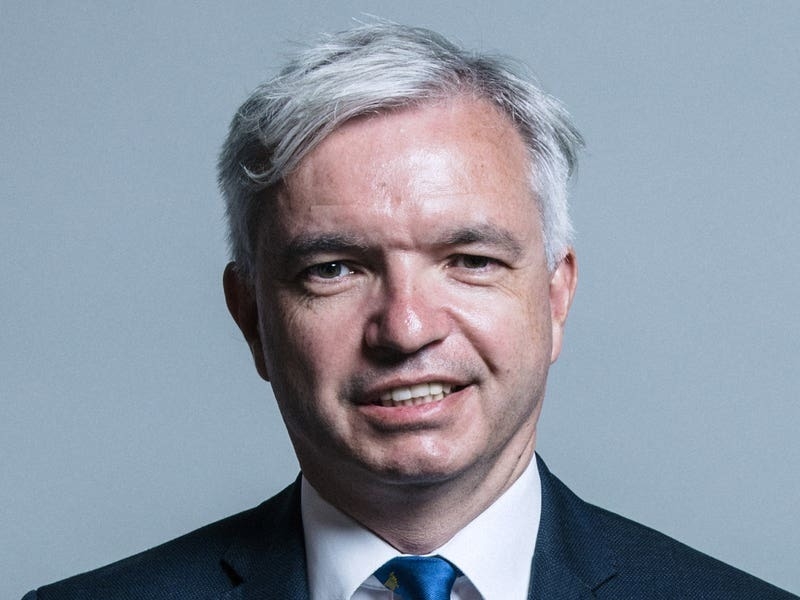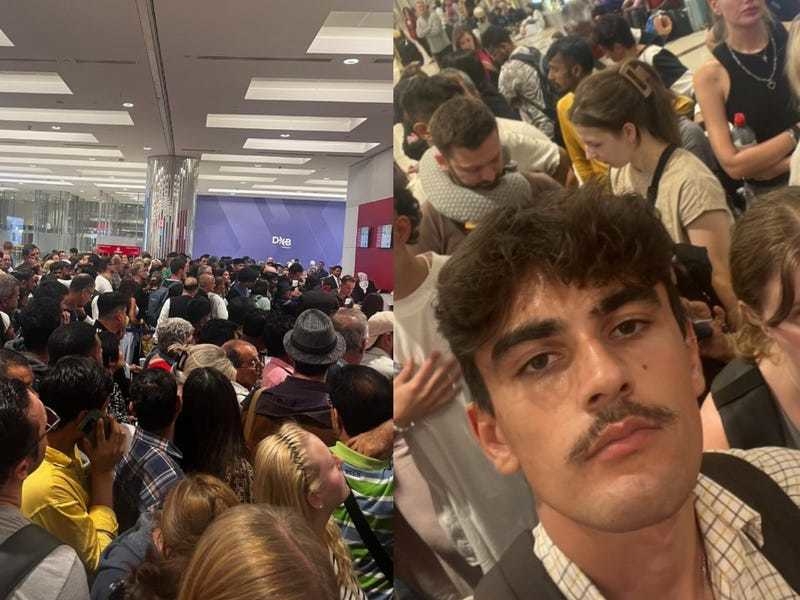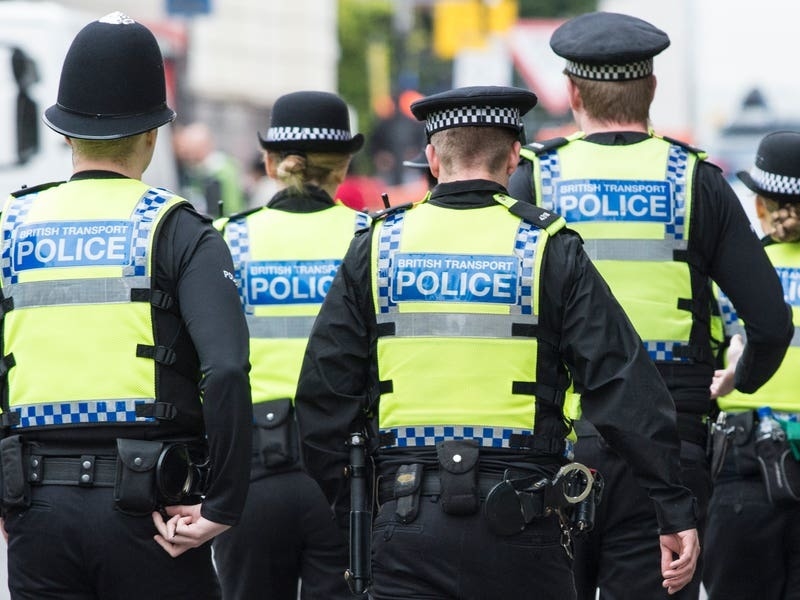Britain is spending more than three times the amount of aid money used to alleviate poverty in Africa on asylum seekers and refugees in the UK, figures show.
Ministers were facing fresh criticism for diverting the overseas aid budget to the UK after it was announced that nearly £3.7 billion was spent on in-donor refugee costs (IDRC) last year.
That was an increase of £2.6 billion from 2021, and dwarfs the £1.1 billion spent on Africa, according to provisional Foreign Office figures published on Wednesday.
They came as the Home Office prepared to confirm it has acquired a barge to house hundreds of asylum seekers off the Dorset coast as Rishi Sunak tries to tackle small boat crossings.
Nearly 29% of the £12.8 billion spent under Britain’s overseas aid budget – already shrunk by the Prime Minister’s cuts – was focused on projects in the UK.
In 2021, the share spent in the UK was a little over 9%.
The Foreign Office attributed the increase in IDRC to spending on Ukrainians fleeing the Russian invasion and the resettlement of Afghans after the Taliban takeover.
Africa remains the largest recipient of UK aid, receiving £1.1 billion last year, but that was down from £1.3 billion in 2021.
Kathleen Spencer Chapman, a director at the Plan International UK children’s rights organisation, accused the Government of “failing women and girls around the world”.
“We are deeply concerned that the Government is using large chunks of an already reduced aid budget to pay for a domestic asylum system that is not fit for purpose,” she said.
“In its relentless push to slash overseas aid, the Government is failing women and girls around the world.
“We urge the Government to allocate funds directly and transparently to the UK asylum system, and to urgently refocus the aid budget on to those areas for which it was intended – chiefly tackling global poverty and the impacts of climate change, promoting gender equality and responding to humanitarian crises.”
Ranil Dissanayake, from the Centre for Global Development international aid think tank, described the figures as “striking and discouraging”.
“It’s a complete break with the past, and a total transformation of our aid budget. No one could possibly justify these allocations on development grounds,” he added.
International aid rules mean the first-year costs of supporting refugees in a donor country can qualify as official development assistance, though the rule has been controversial.
Tamsyn Barton, the chief commissioner of the Independent Commission for Aid Impact (ICAI), which scrutinises use of the aid budget, said: “While it is permitted within the rules, allowing the soaring costs of asylum seekers and refugees in the UK to take such a high proportion of the aid budget meant that very little was available for humanitarian emergencies like the Pakistan floods and the drought in Somalia.”
The ICAI’s earlier review found this “to be an inefficient and inequitable use of UK aid and, by using the aid budget to cover these costs, the Home Office has been less incentivised to find a longer-term approach and achieve value for money for UK taxpayers”.
She added: “For years the Home Office has failed to look after taxpayers’ money by tackling the asylum backlog. Britain deserves better.
“Labour will ensure that taxpayers’ money is treated with the respect it deserves, solve the Government’s asylum chaos with our comprehensive plan to tackle Channel crossings, speed up decision-making and break up the criminal people smuggling gangs, and put in place a new model for development with the independence needed to meet the challenges of the 21st century and tackle the root causes forcing people to flee their homes in the first place.”
Mr Sunak, as chancellor in 2021, slashed the UK’s aid spending from 0.7% of gross national income to 0.5%.
He cited the economic hit from the coronavirus pandemic but has subsequently chosen not to restore the original spending level.
Meanwhile, the number of people who crossed the English Channel on small boats has reached almost 4,000 this year.
Government figures showed 201 irregular migrants were detected making the trip in six boats on on Tuesday, taking the total this year to 3,994.






